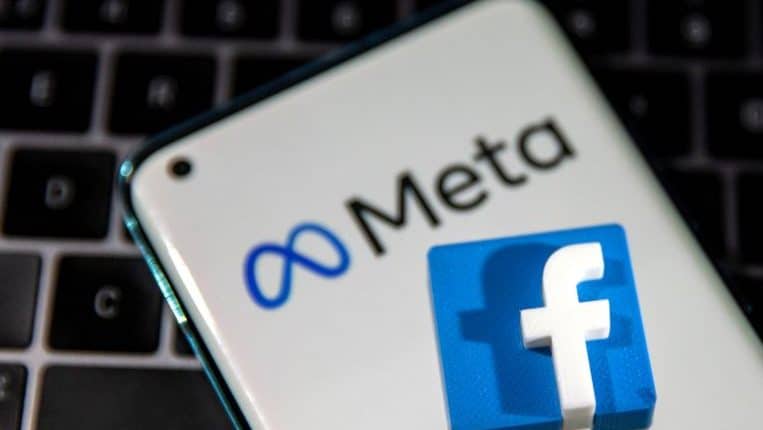At a time when it is experiencing tightening cash reserves and a drop in revenue growth as well, Facebook parent Meta is ending its run of being a debt-free tech titan as it is set to make its first-ever bond offering. Meta disclosed the same in a filing with the SEC.
Amidst drops in its cash flow and stock price, the Facebook parent is expected to raise up to $10 billion in its first corporate bond deal. According to a Bloomberg report, the bonds were sold in four parts with maturities ranging from 5-40 years. In fact, the longest portion of the offering (which had a 40-year maturity) yielded 1.65 percentage points above Treasuries.
Meta’s bond offering is being managed by Morgan Stanley, JPMorgan Chase, Bank of America and Barclays.
This move by Meta ended its run as one of the few debt-free S&P 500 companies, as it received an A1 rating from Moody’s Investor Service and an AA- rating (and a “stable” outlook) from S&P Global Ratings. With this, Meta follows in the footsteps of Intel and Apple, both of whom issued bonds earlier this week to raise $5.5 billion and $6 billion respectively.
According to Moody’s, Meta received the A1 rating because of the Facebook parent’s strong credit profile, which reflected the “leading global position of its platform brands in social networking, supported by its extensive user base.”
For those not in the know, a corporate bond is a financial instrument that a company (in this case, Meta) issues to raise financing. Those who buy the bonds (such as investors) are effectively “lending” money to the company, who is obligated to pay interest on the principal amount and return the principal when the bond matures.
This is likely to help Meta, which owns Facebook, Instagram, and WhatsApp, in its future commitments as it has doubled down on AR and VR technology. Its metaverse projects have been the apple of its eye for the past several months after it rebranded itself to reflect its commitment to the “future of the internet.”
However, it is yet to deliver as Meta has been clocking steep losses in its Reality Labs division this year – the division logged a loss of $2.81 billion in Q2 2022, according to the earnings release.
It is likely that Meta will deploy the proceeds from the bond sales towards capital expenditures, stock repurchases, and acquisitions or investments, while simultaneously driving recruitments and more purchase and repurchase more stock.
The last one is an area which has seen increased focus from Meta in recent times – according to its recent earnings report for the June quarter, the company had $24.3 billion at hand for share buybacks. This amount was nearly half of the total cash and cash equivalents Meta had in Q2 2022 – $40.49 billion – while its revenue and stock price took a hit.
This will also enable the company to enter into more expensive financial transactions at a time when it is intensifying the competition with Chinese short-video platform TikTok. This has, in turn, seen its own share of problems as Meta has been pushing its TikTok-like offering, Reels, forward at the expense of others.
The Tech Portal is published by Blue Box Media Private Limited. Our investors have no influence over our reporting. Read our full Ownership and Funding Disclosure →






